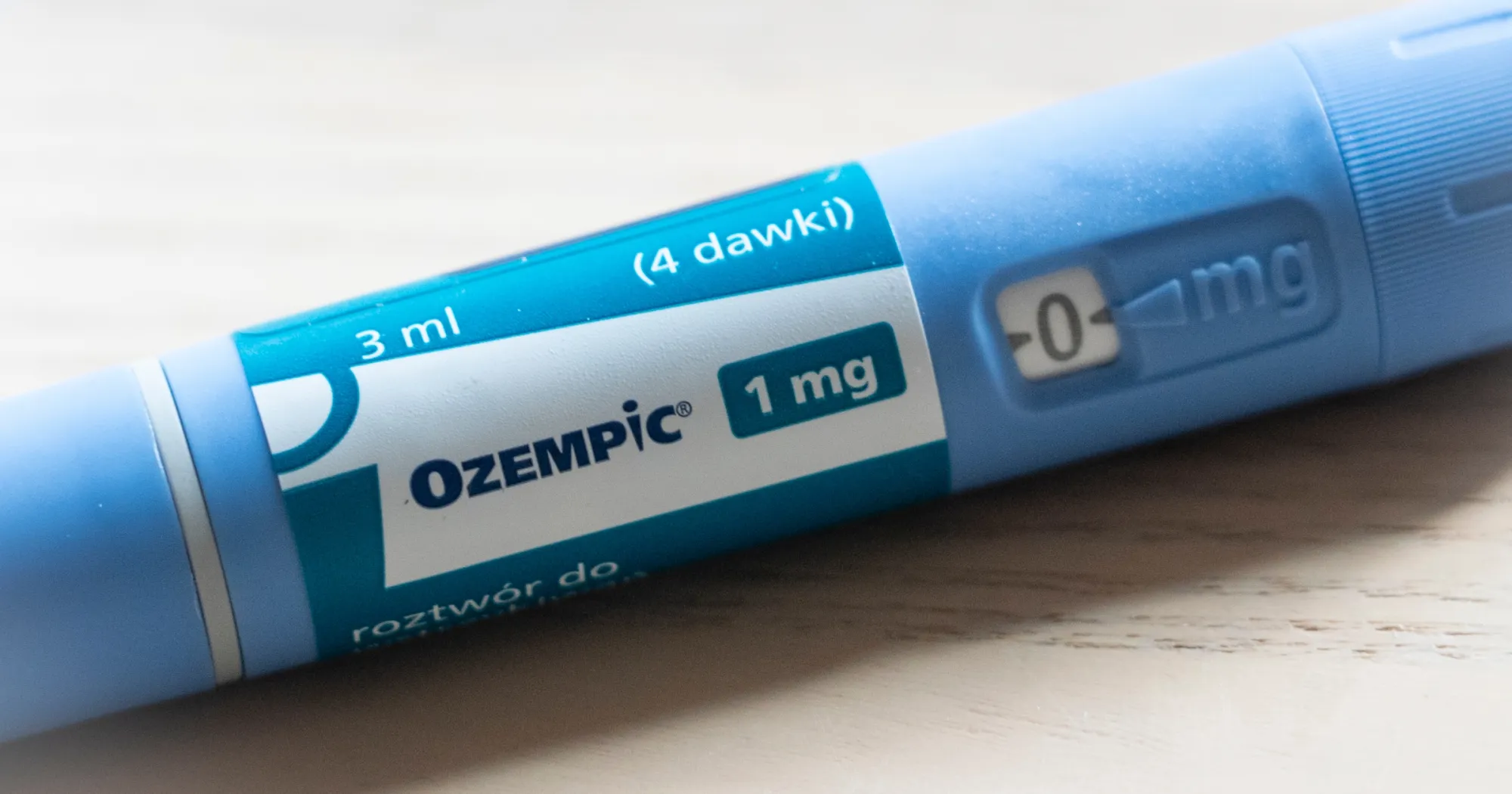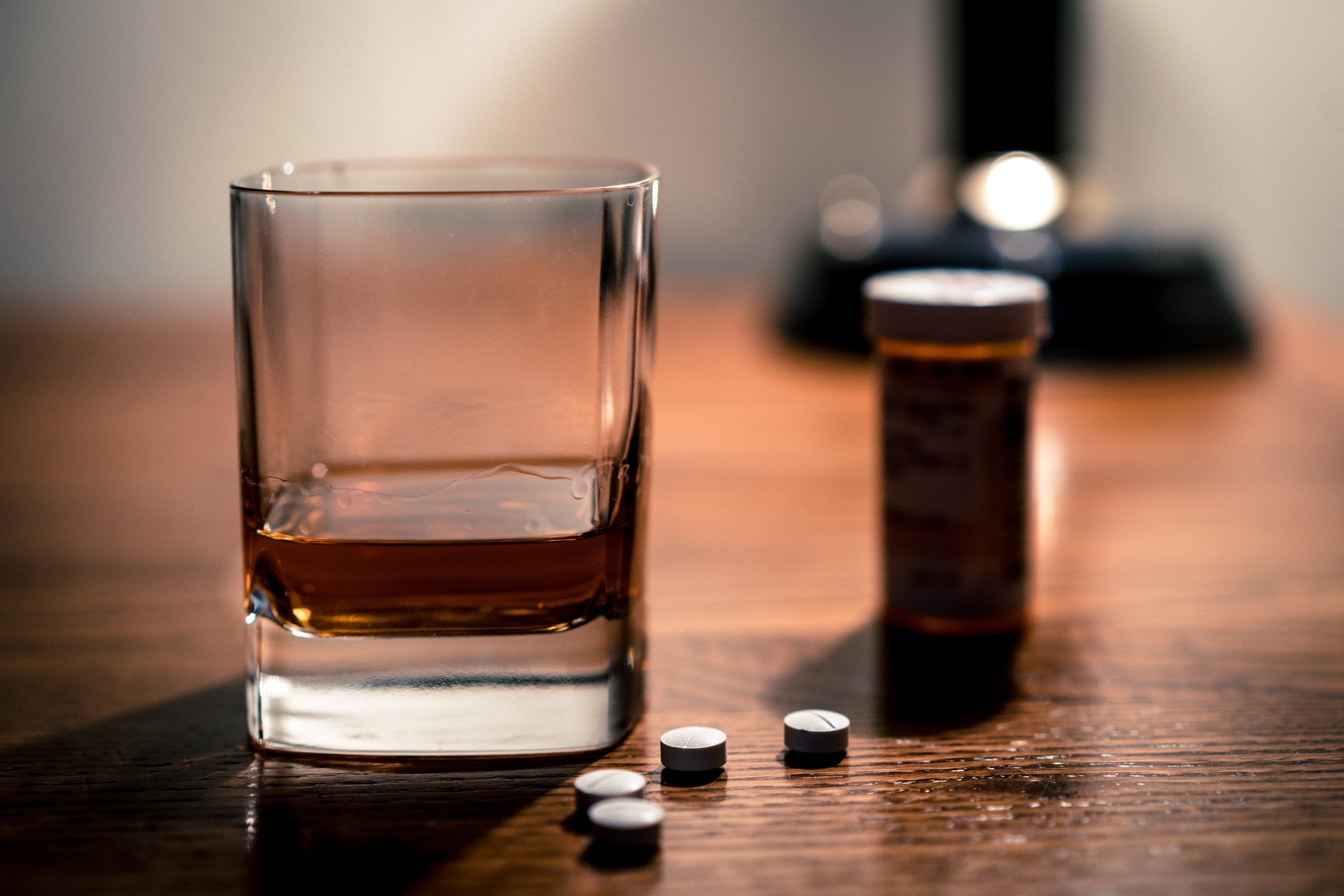Recent research highlights the potential benefits of Ozempic and similar medications in reducing rates of opioid overdoses and alcohol intoxication among individuals with substance use disorders. A study published in the journal Addiction demonstrates that these drugs can lead to a 40% decrease in opioid overdose rates and a 50% reduction in alcohol intoxication among people diagnosed with opioid use disorder (OUD) or alcohol use disorder (AUD).
Originally developed for managing diabetes and aiding weight loss, these medications may also play a crucial role in addiction treatment by interacting with specific brain pathways associated with reward and pleasure.
Ozempic, categorized as a glucagon-like peptide-1 receptor agonist (GLP-1 RA), is designed to regulate appetite and promote feelings of satisfaction following meals. The research indicates that these medications act on the mesolimbic system, a brain region involved in both appetite regulation and addictive behaviors.
By influencing this system, GLP-1 RAs and similar medications could potentially reshape the reward-response mechanisms linked to substance use, offering a novel approach to addiction therapy. Other medications in this category include glucose-dependent insulinotropic polypeptide (GIP) agonists, such as Mounjaro, which may also have similar effects.

The latest findings build on a body of existing research that has largely focused on animal studies and smaller clinical trials examining the use of GLP-1 RAs and GIPs in treating substance use disorders. This large-scale study analyzed real-world data from 503,747 individuals with a history of OUD, among whom 8,103 were prescribed a GLP-1 RA or GIP.
The results showed a significant reduction in the risk of opioid overdose among those receiving these medications, emphasizing the potential of these drugs in managing opioid-related risks.
Similarly, the study evaluated 817,309 individuals with AUD, revealing that 5,621 of them had received prescriptions for GLP-1 RAs or GIPs. The analysis indicated a striking 50% reduction in alcohol intoxication rates among those on these medications, reinforcing the idea that targeting the brain’s reward systems can positively impact substance use disorders. These findings suggest that GLP-1 RAs and GIPs might offer a promising alternative or adjunct to traditional addiction treatments.
This research opens new avenues for treating substance use disorders by leveraging existing medications typically used for diabetes and weight management. As healthcare providers explore innovative strategies for addiction treatment, the role of GLP-1 RAs and GIPs in reducing opioid and alcohol-related harms could become an integral part of therapeutic approaches.
This study represents a significant step forward in understanding how these medications might alter addiction pathways and offers hope for improved outcomes in individuals struggling with OUD and AUD.
